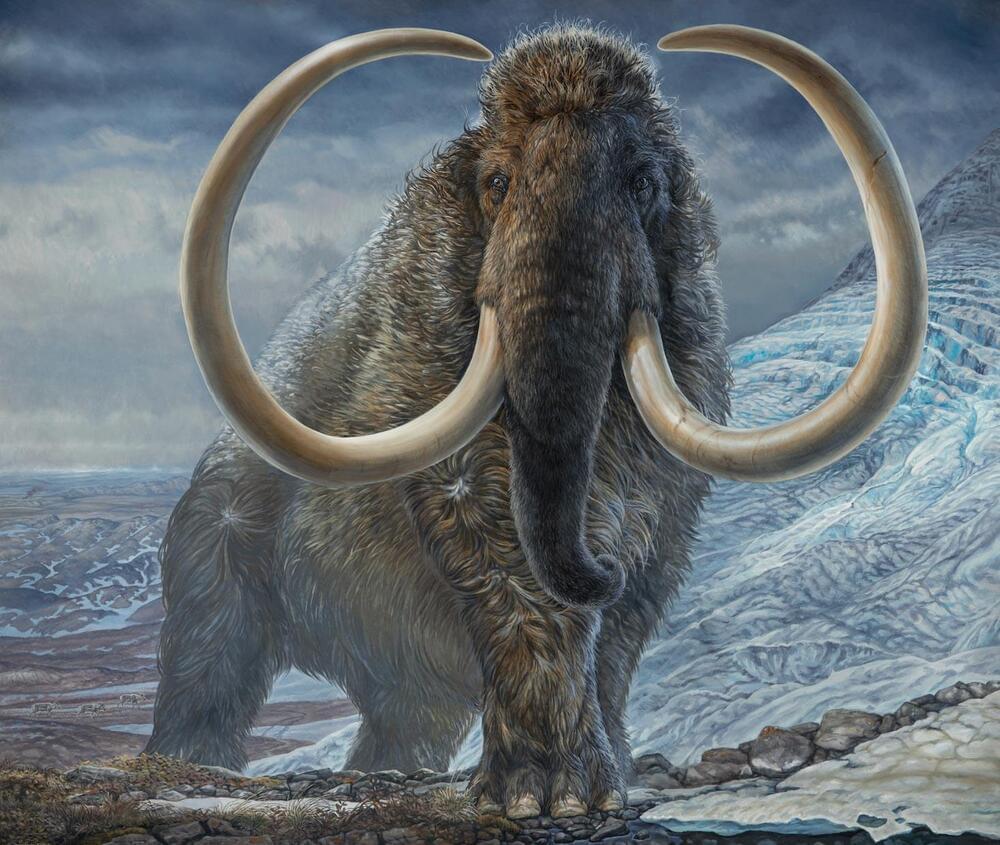13 Aug 2021
“The proportions of different isotopes of elements present in the bedrock and water create a unique profile, specific to each place on Earth. This profile remains consistent over the millennia and is a kind of “fingerprint” of a region, which can be found in plants, rocks and even animal remains.” National Geographic Poland.
“One of the mammoth’s tusks became a perfect record of all the places the animal visited in its lifetime — with an accuracy almost to the day.”
An international research team has retraced the astonishing lifetime journey of an Arctic woolly mammoth, which covered enough of the Alaska landscape during its 28 years to almost circle the Earth twice.
Scientists gathered unprecedented details of its life through analysis of a 17,000-year-old fossil from the University of Alaska Museum of the North. By generating and studying isotopic data in the mammoth’s tusk, they were able to match its movements and diet with isotopic maps of the region.
Few details have been known about the lives and movements of woolly mammoths, and the study offers the first evidence that they traveled vast distances. An outline of the mammoth’s life is detailed in the new issue of the journal Science.
